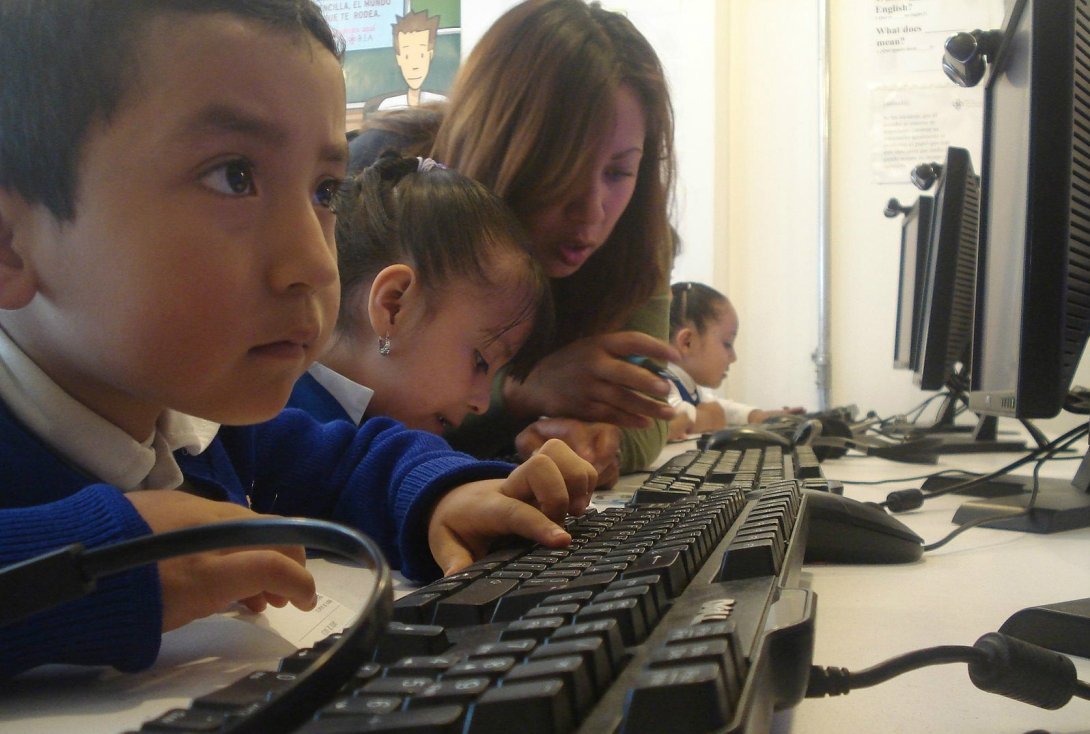The Trump FCC's War on the Poor

People with low incomes often have to make difficult choices about how to spend their money to best support their families.
This is why so many people are still living without internet access.
And those without reliable home internet access are missing out on opportunities to connect to jobs, complete homework and engage in our democracy.
Last year the FCC took an important step toward bridging the digital divide by updating its Lifeline program. For over 30 years Lifeline has brought affordable telephone service to millions of people. Today it’s the only federal program poised to bring broadband to families in need across the United States.
But Trump’s FCC chairman, Ajit Pai, is refusing to follow through, forcing millions of poor people to remain in the digital dark ages.
Undermining a literal lifeline
In fact, since Pai’s promotion to chairman, he’s taken steps to limit Lifeline broadband options and has essentially frozen Lifeline implementation.
Pai’s failure to move forward on Lifeline has disproportionately harmed Black and Brown people, who are far less likely to have home internet access due to systemic racism that’s impacted the broadband market. These communities overwhelmingly report that the high cost of service is their primary adoption barrier.
In fact, Free Press research shows that people with low incomes and people of color want internet access but can’t afford it.
Programs like Lifeline are one way to help make broadband access more affordable and provide the tools people need to improve their economic situations.
A chance to fight back
Thanks to the outcry from nearly 40 advocacy groups — including Free Press — Pai is now inviting public comment on his decision to stop nine companies from providing broadband service to Lifeline customers.
That’s why we need to seize this opportunity and urge Pai to help bridge the digital divide. Tell him to revoke his decision on the nine companies and move forward on implementing the Lifeline Modernization Order now.